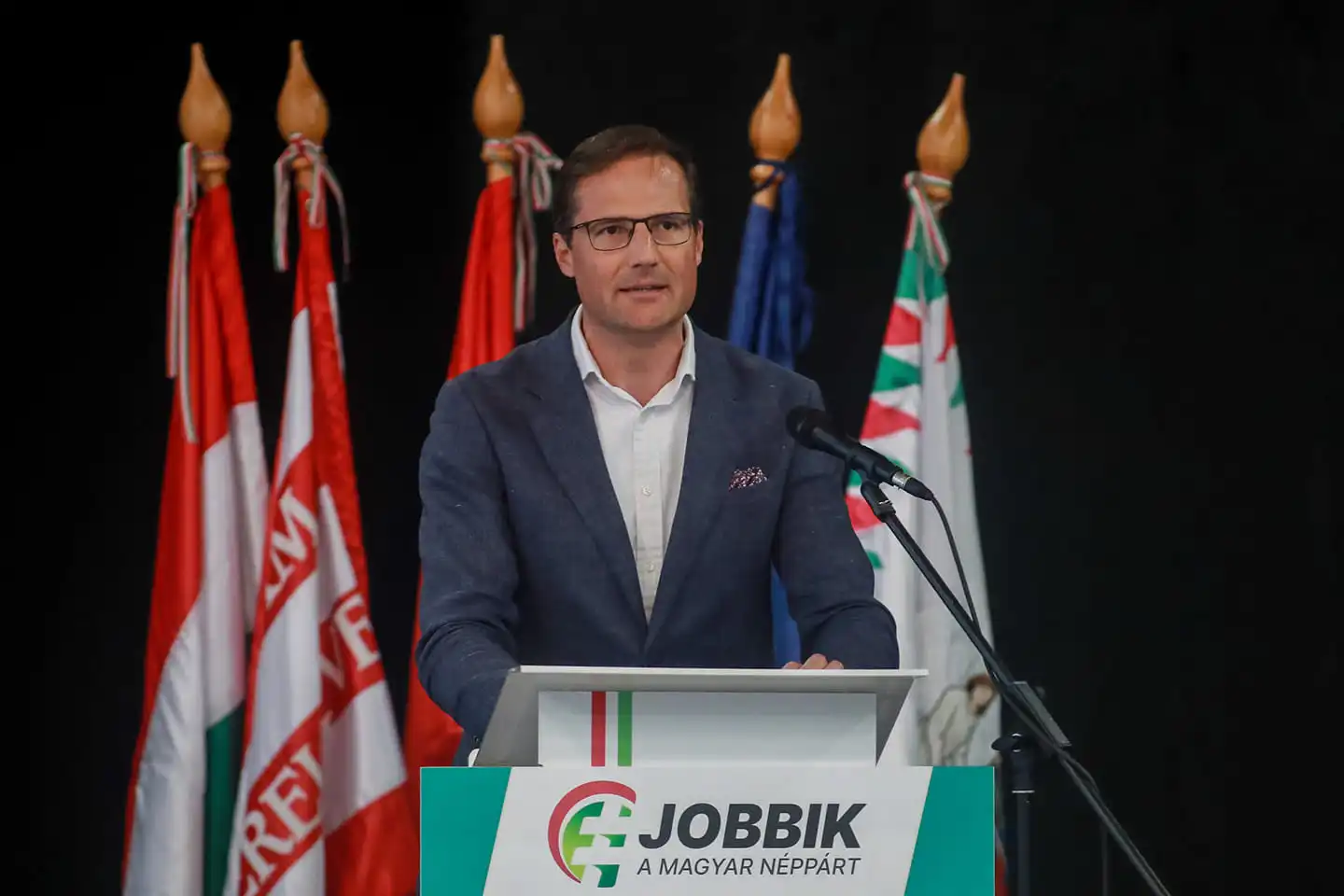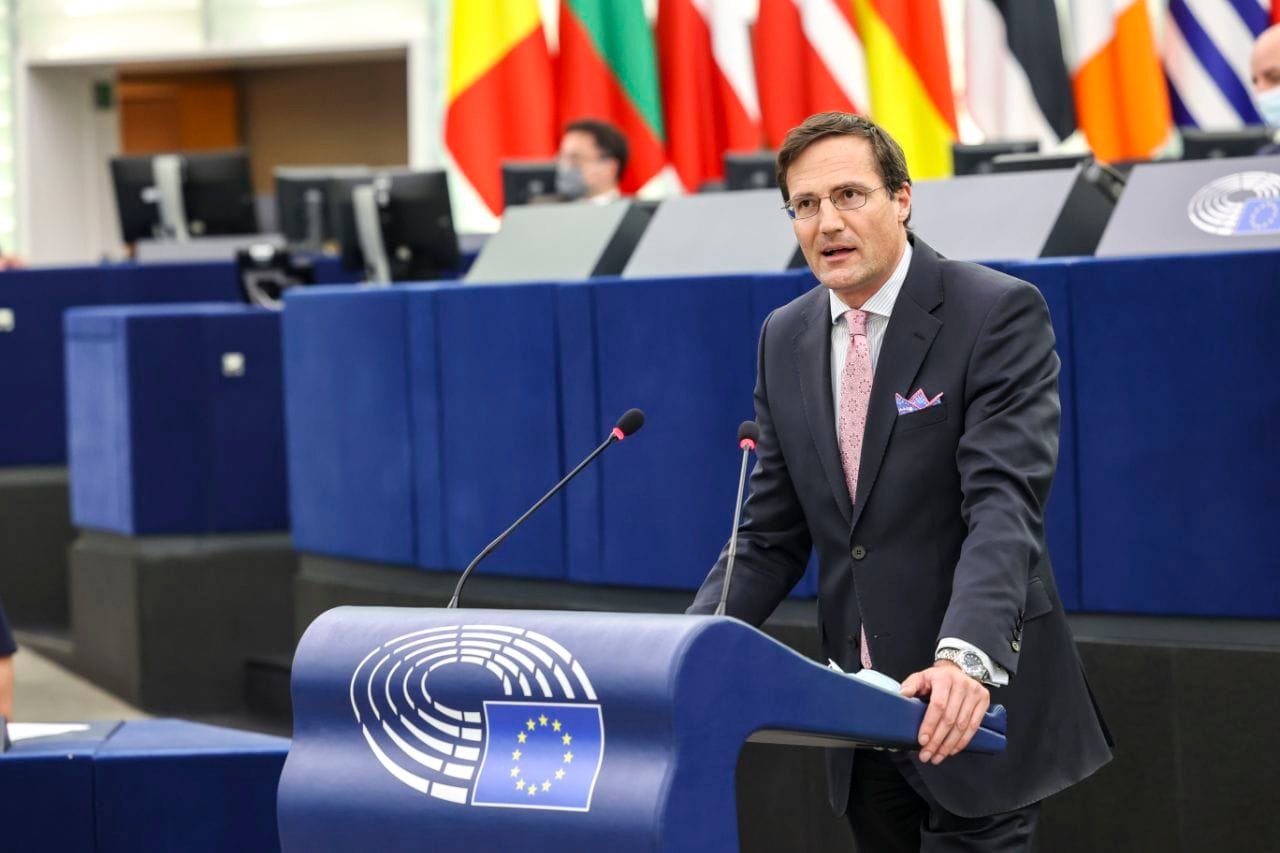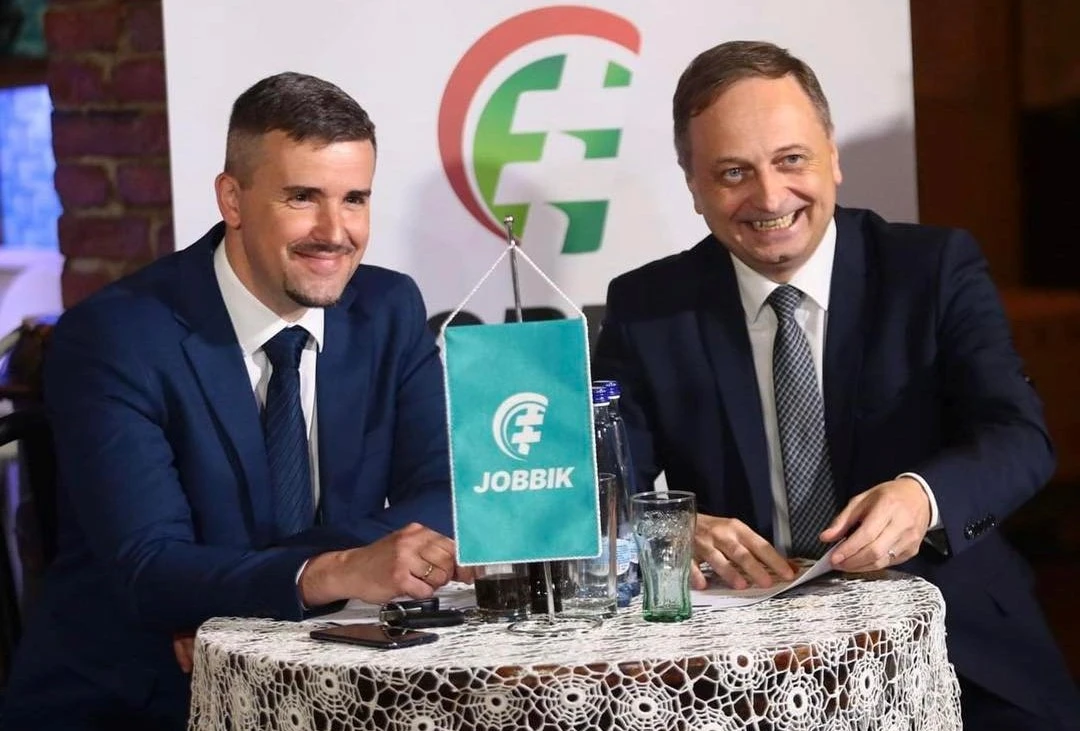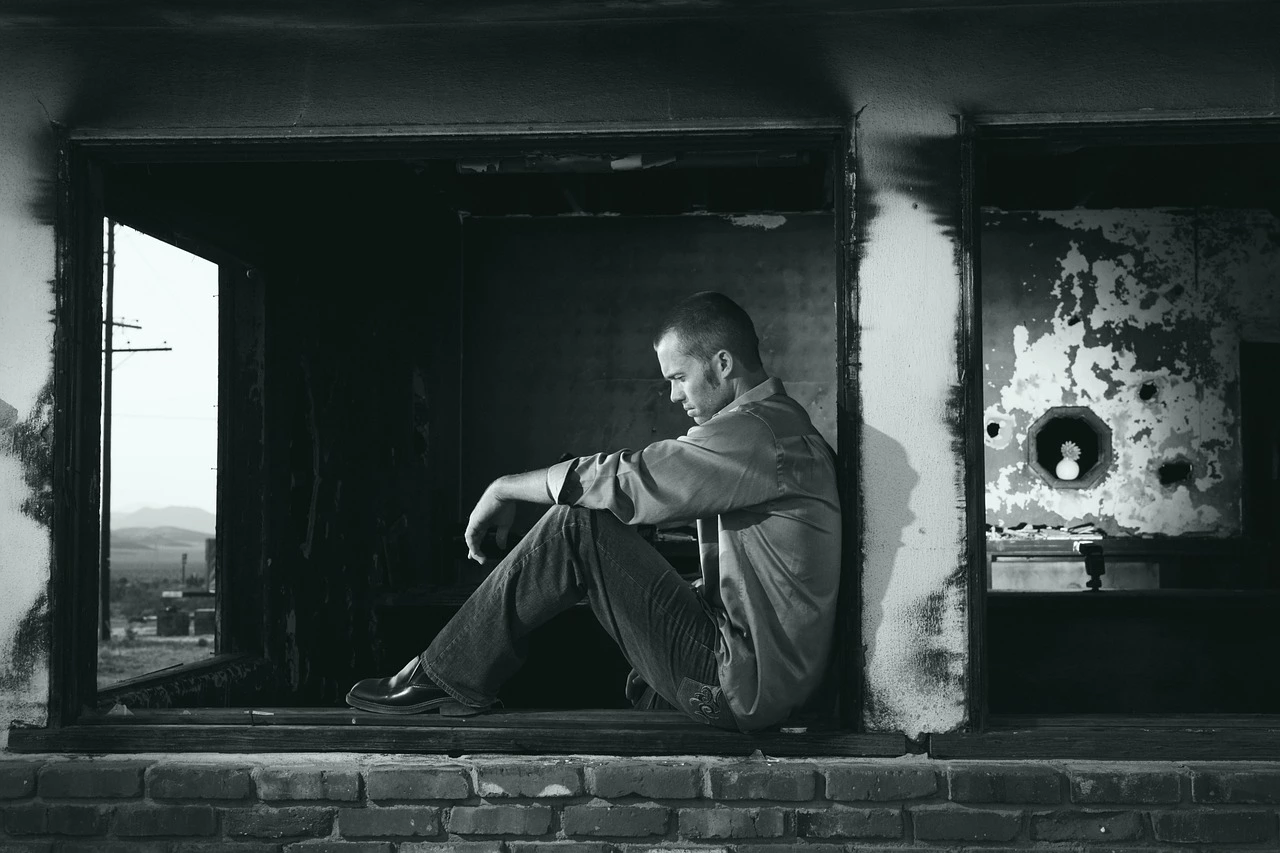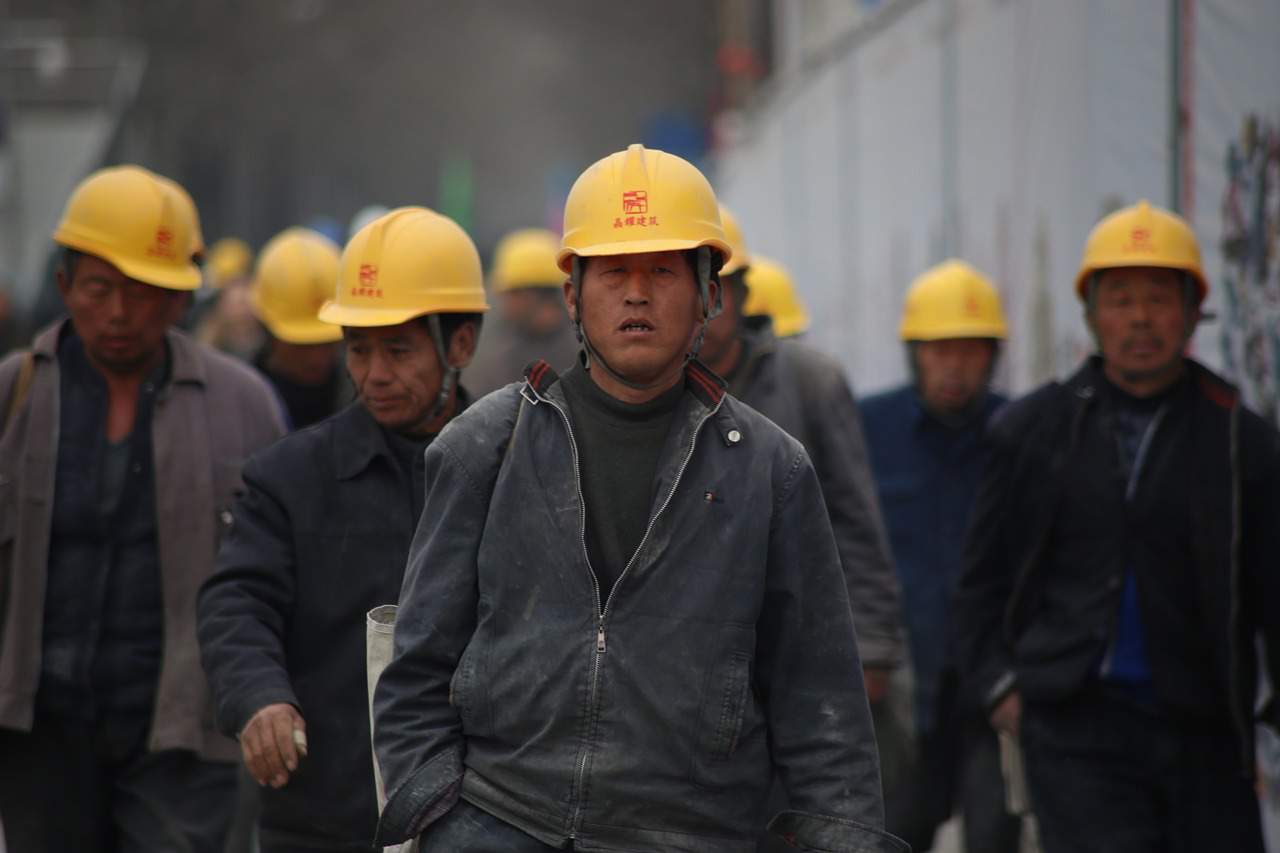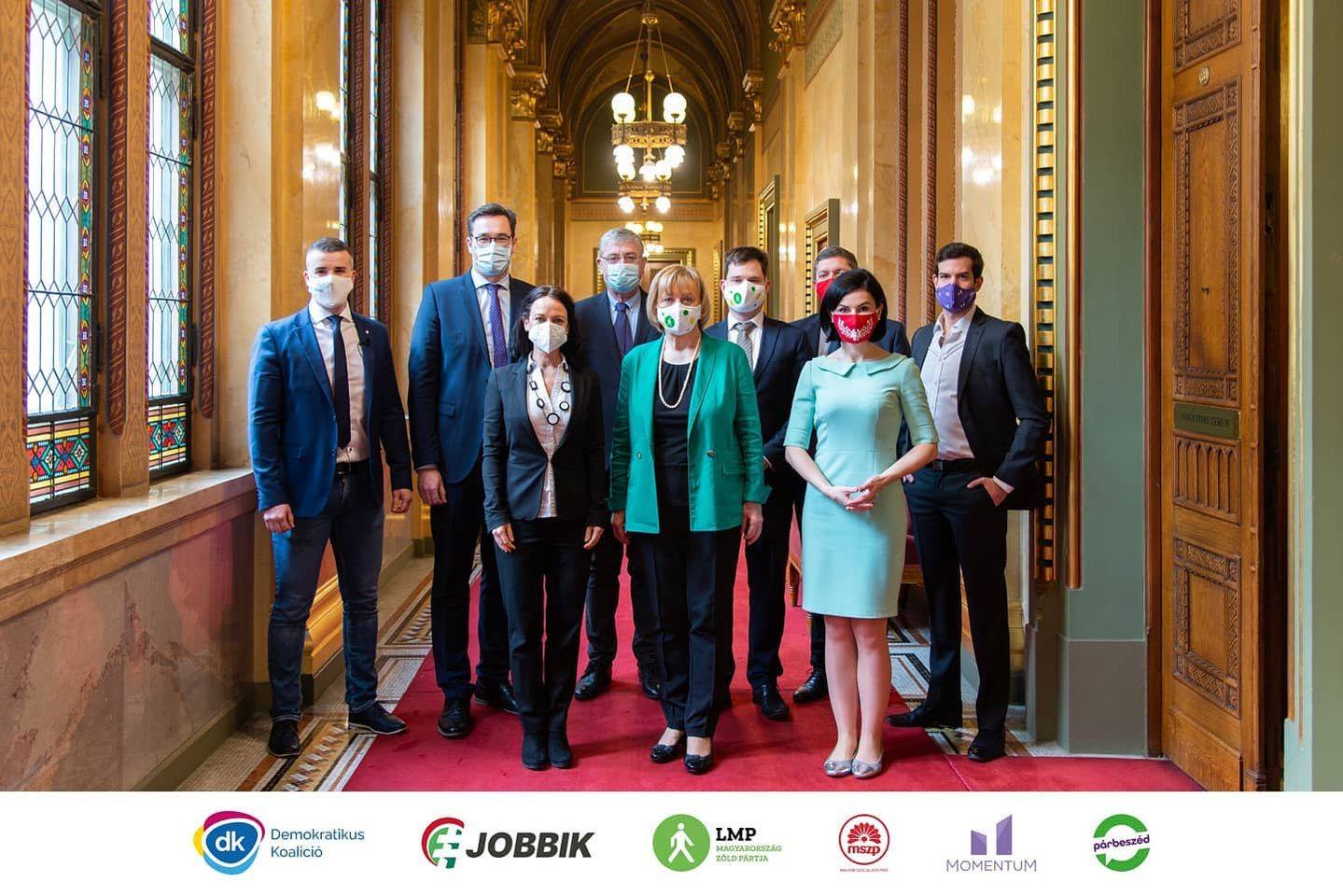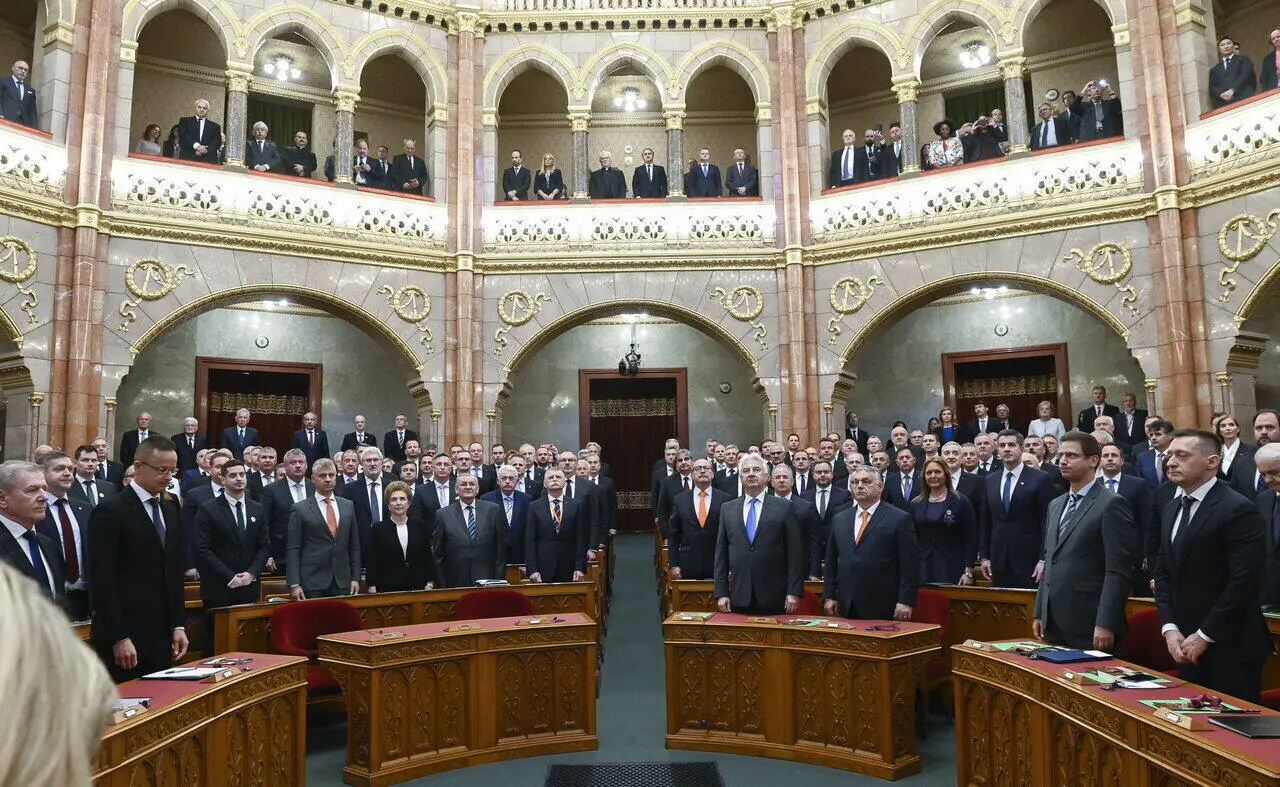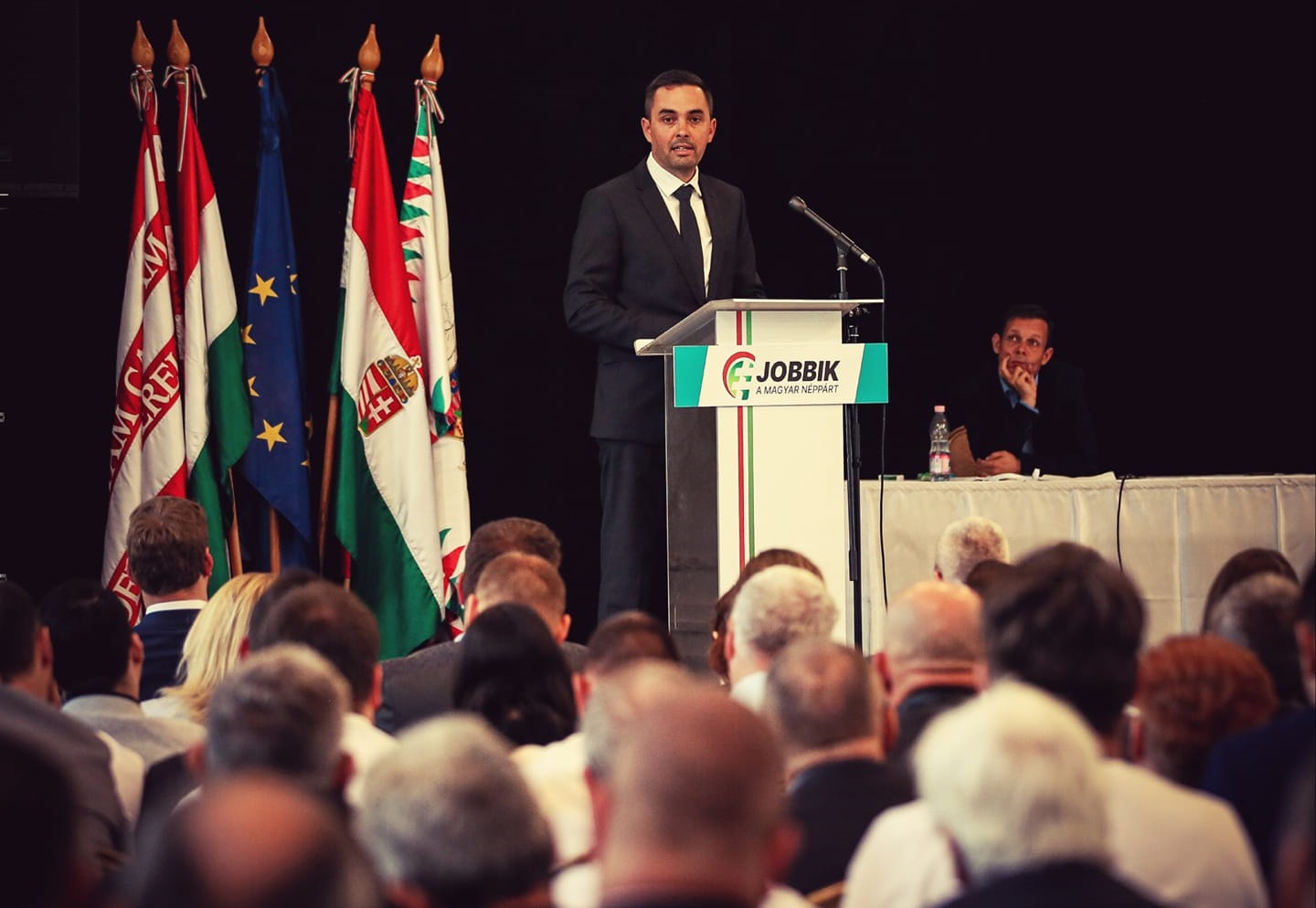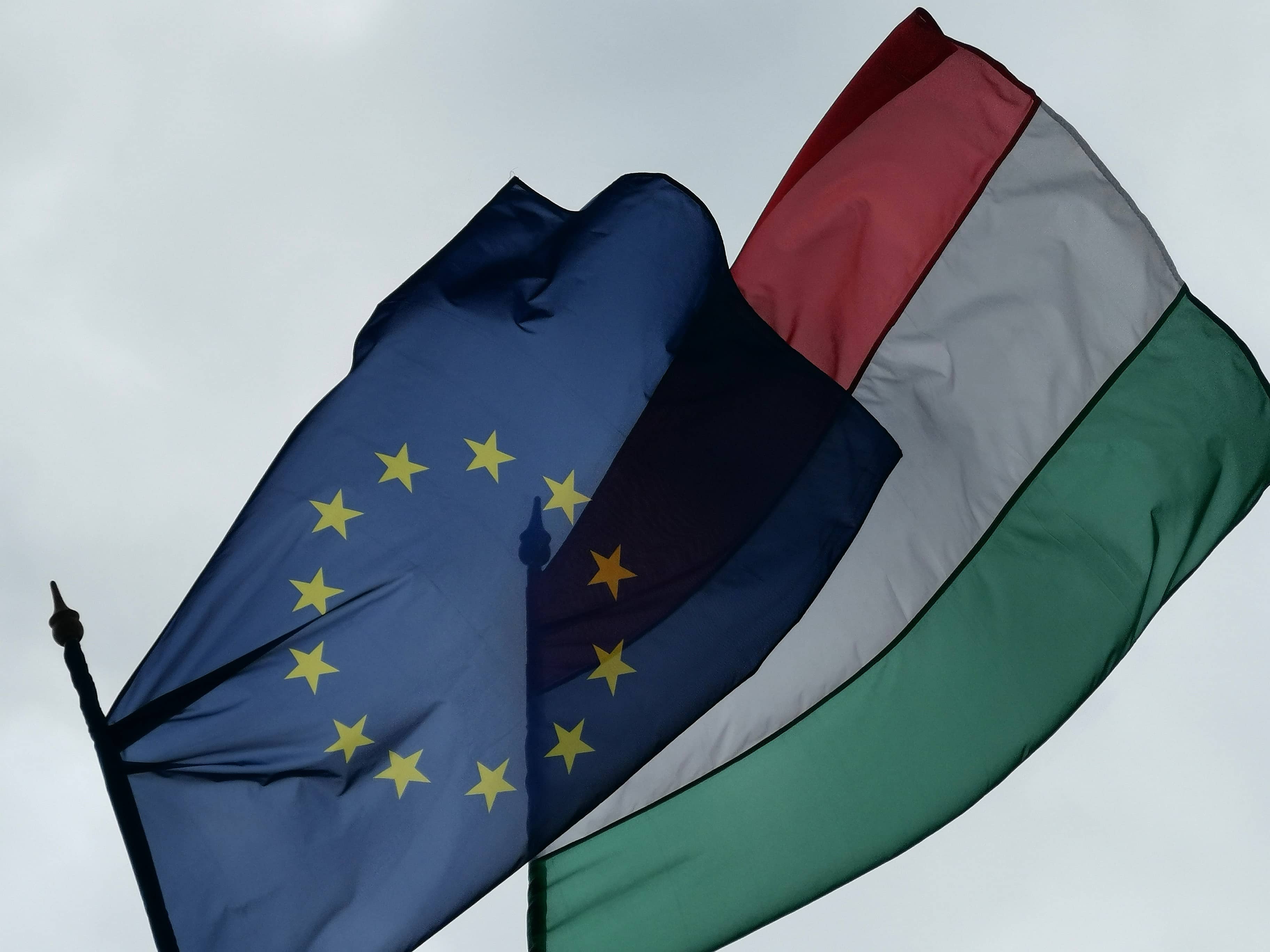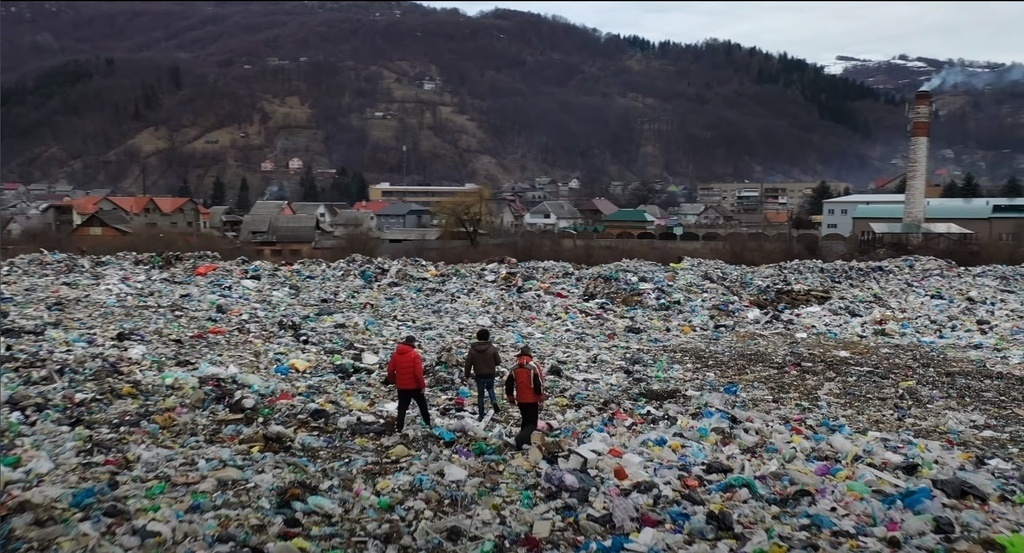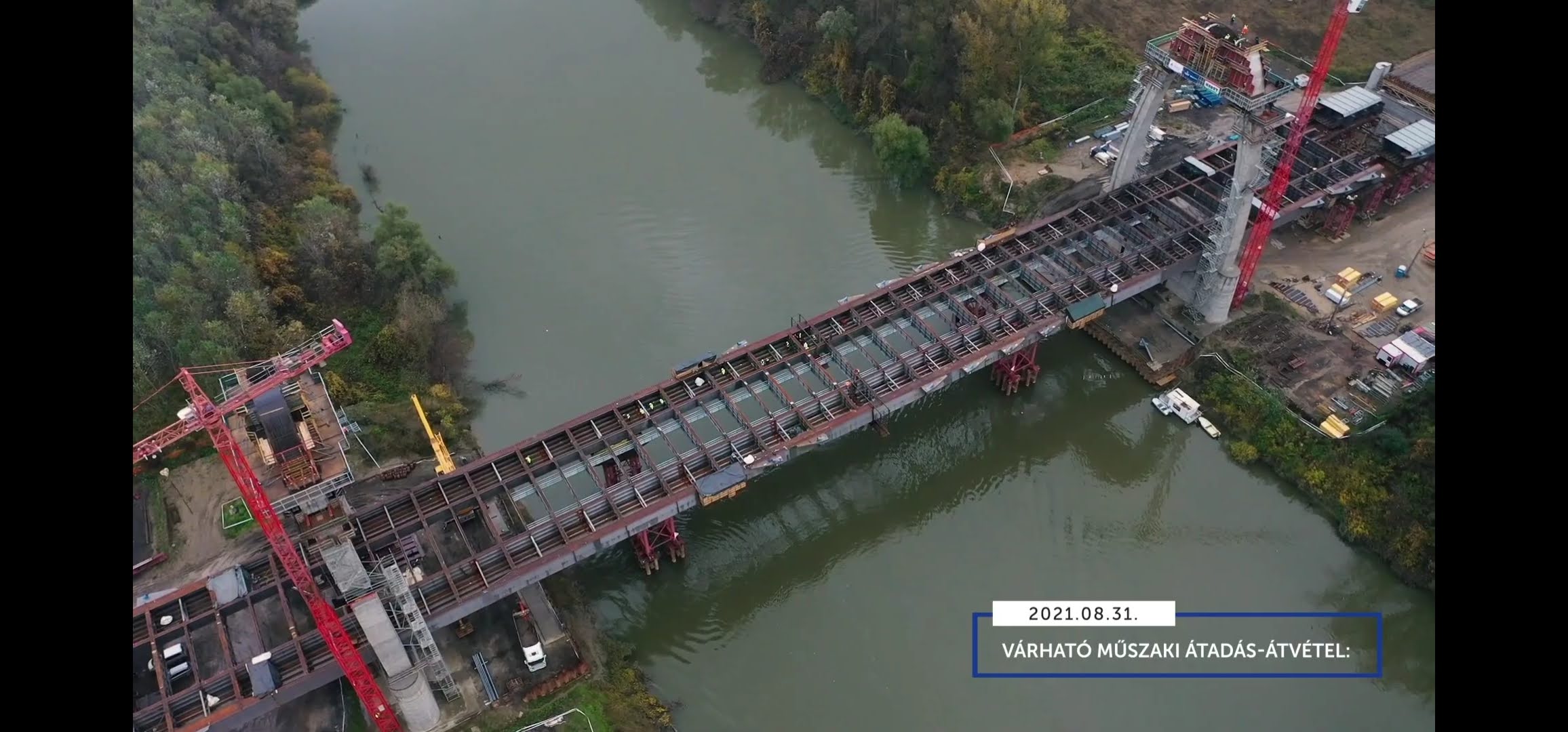Based on a new bill, the government would ease the hiring of temporary workers from the Far East. Therefore, licensed labour-hire agencies would be created in Hungary. Trade unions became enraged because of the bill on the parliament’s desk. They say that the government would like to ease the labour shortage with the help of Far-Eastern guest workers instead of searching for answers to why Hungarian employees quit.
Job in Hungary without a work permit?
According to Népszava, the government would like to open the country’s gates to Vietnamese, Indonesian, Mongolian, and Filipino guest workers. The new bill is part of a “salat bill” including all measures the government would like to introduce after the end of the COVID emergency state. If it passes, third world guest workers could come easier to Hungary with the help of licensed labour-hire agencies. As a result,
they could get a job even without a work permit.
Furthermore, the government decrees would regulate how a labour-hire agency can become licensed.
The idea is not new. Foreign minister Péter Szijjártó thought after the first wave that labour-hire agencies are the key to economic restart. Therefore, they signed a strategic cooperation agreement with Prohumán Ltd. Szijjártó announced last summer that they allowed guest workers to temporarily come to Hungary with the help of licensed labour-hire agencies. Last September, 13 firms could get into that category.
The government wants to deal with labour shortage
The website of Prohumán Ltd, one of the 13 licensed agencies, says that they hire guest workers from 11 non-EU countries: Serbia, Ukraine, Belarus, Bosnia-Herzegovina, North Macedonia, the Philippines, Indonesia, Kazakhstan, Mongolia, Montenegro, and Vietnam.
Zoltán László, a vice-chairman of the Vasas federation of union workers, said that this measure would not solve the labour shortage in Hungary. He added that only some labour-hire agencies would receive good revenues. He said that the government thought a couple of years ago that the Serbian and Ukrainian guest workers would solve the labour shortage. However, too few came, and most went farther West quickly.
The Hungarian processing industry needs 100 thousand workers. However, considerable fluctuation causes the labour shortage in the sector. For example, there was a company putting into work 800 new staff in one year. But in the end, they had fewer employees than at the beginning of the year. That is because new workers quit in less than three months. Some disappear on their first day.
They do not feel OK and do not have a future perspective, Zoltán László said. Their salaries are low ,and they have to do a lot of overwork because of the labour shortage. Some companies expect the same quantity and quality from a newcomer as a veteran. If employers cannot deal with these problems, even Far-Eastern guest workers will quit.
This is how salaries can be kept low?
Some Hungarian workers have already received threats that they could be easily replaced with Asian guest workers who do not talk back. Many Hungarian companies hire their workers because that makes it easier to adapt to demand changes. Such employees are easy to send away: they terminate the contract with the labour-hire agency.
András Jámbor, an opposition MP, says that the government keeps salaries low for the Far-Eastern guest workers. Temporary guest workers weaken other workers’ interest representation, he added. Instead, he would support adult training programs for jobless people in the labour market. Jámbor believes that it is the only way to put an end to the labour shortage.
Opposition Jobbik and Democratic Coalition would delete the paragraphs making temporary guest workers come to Hungary easier. Their reasons are the same as Jámbor’s. DK and Jobbik would instead increase wages.
Read alsoCould Ukrainian refugees solve the Hungarian labour shortage?
